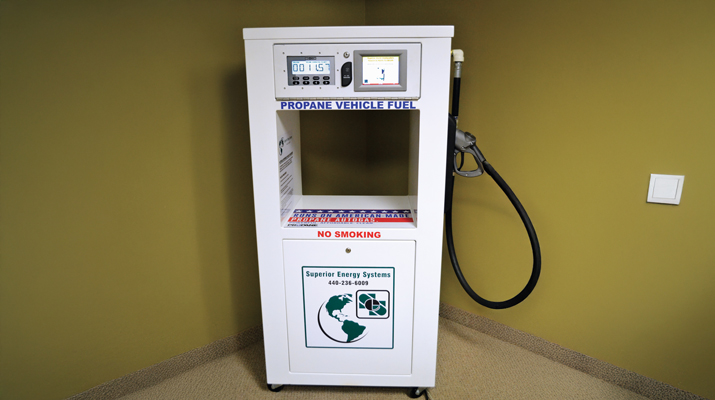Financial mistakes in family business
Many family owned businesses in this industry do a lot of things very well, yet can blunder terribly when it comes to financial matters. These errors can cost the family significant value and prevent it from achieving the very goals it set out to achieve when the business was started.
 Carl Hughes LP/Gas Magazine Columnist |
This short, yet broad-themed list represents some of the most common financial mistakes in family owned propane companies.
1. Using volume, revenue or gallons as the measure of success.
If you are measuring only gallons, you are watching the wrong thing. Revenues or gallons don’t make payroll, pay down notes, buy loads of tanks or end up as retained earnings — only cash flow does. We define cash flow as EBITDA (earnings before interest, income, taxes, depreciation and amortization). EBITDA provides the fuel (no pun intended) that keeps the business going. Nothing else does.
The solution is to switch your focus to the true financial performance of the business. Begin watching the monthly results on a cash-flow basis. Evaluate year-to-year performance based on cash-flow performance. Create a budget and goal each year for the amount of cash flow you intend to generate.
2. Underestimating the value of good internal financial expertise.
This is related to the prior error. Again, some otherwise very good marketers have a passive approach to their finances, as if it is simply a report given to them at the end of the year by their accountant. They seem to accept the results as if they had no opportunity to impact them.
Successful family companies watch financial performance on a monthly basis and make adjustments. A first step is to make sure your management team has a strong financial professional aboard who can lead this process.
3. Failure to prearrange shareholder liquidity needs.
We are talking here about the failure to plan for the needs of the retiring generation or how to provide liquidity for non-active shareholders. The results can be intense and unnecessary conflict among family members. Too often the need for partial liquidity drives the family to consider selling or taking on high-cost debt. Getting professional help is the solution.
4. Not separating family finances from business finances.
Intermingling of family and business financial matters can create a number of entangling problems. If many family expenses are run through the business, a problem measuring operational performance can be the result. Some families handle this well with strong financial and operating performance report. However, most family management teams don’t have that sophistication.
5. Non-market compensation for all family members.
The most common example of this is when sons or daughters are brought into the business at a compensation level above long-term employees who are in the same role. Because they have not been allowed to compete fairly for roles and pay based on achievement and performance, they will never develop into the tough leaders the family business will need in the future.
6. Having too little debt when attempting to grow.
This will sound very contrary to most families’ instincts to pay down and eliminate all debt whenever possible. This point only relates to companies focused on growth that end up restricting that growth because they source all growth capital from internally generated cash.
7. Starting the business under the “C” corporation structure.
When a propane company that is structured as a “C” corporation is sold, its after-tax net proceeds will be 40 to 50 percent less than if the same company were structured as an LLC or subchapter “S” corporation.
8. Not converting from a “C” corporation to a subchapter “S” corporation.
Many family-owned propane companies have converted, but many have not. Often the reason they don’t is because their advisors do not understand that benefits will immediately accrue to the family once they convert to an “S” corporation. Yes, it takes 10 years — but benefits immediately begin, and then the clock begins to work for you.
















